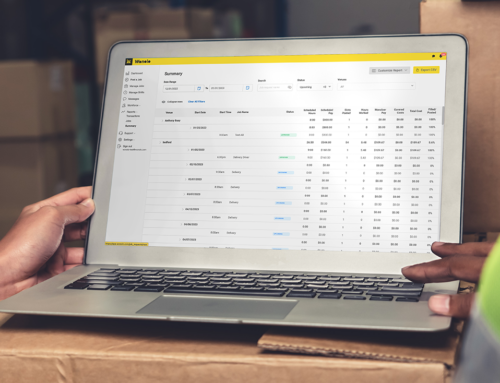Yong Kim
Here at Wonolo, our goal is to connect businesses with individuals seeking new and flexible opportunities to make extra income. It’s of the utmost importance to us that workers are treated with dignity and respect, and that guiding light led us to our recent initiative: The Living Wage Pledge.
The Living Wage Pledge
With the Living Wage Pledge, we’re encouraging all businesses that use Wonolo to offer at least the hourly “living wage”. This is something we’ve considered for a long time, and we decided that we’re not waiting around for other larger companies to take a stand. Given that many major corporations use Wonolo, we are uniquely positioned to advocate for this change. At Wonolo, we are leading the charge in standing up for what we believe is right and fair.
What is the Living Wage?
The living wage is a concept first introduced by Amy Glasmeier at MIT. The living wage “helps individuals, communities, and employers determine a local wage rate that allows residents to meet minimum standards of living.” It is a wage that takes into account the many nuances of the local economies, which includes the cost of food, housing, medical care, cell phone service, etc. The living wage can vary greatly based on where individual lives and the cost of living in that area. It also varies based on the number of dependents that an individual has. You can look up the living wage in your area via the living wage calculator.
The Advantages of the Living Wage
The ability to address the nuances of local markets is what makes the living wage unique. The federal minimum wage isn’t dynamic like that, and in fact, hasn’t changed since 2009. That can leave a lot of disparities between large urban areas and rural areas across the country. A wage that may be fair for one area may not work for another.
If the minimum wage is set to meet the needs of people in urban areas with a very high cost of living, that could make it difficult for businesses in rural areas to keep up, thus creating undue financial burdens for those businesses. Conversely, the federal minimum wage of $7.25/hour may not meet the living wage requirements of many urban areas across the country. In fact, many states have enacted higher minimums to help their residents. There are a lot of nuances to take into account, and that’s why the living wage is a more effective benchmark.
The Living Wage Pledge and the Future of Work
Here at Wonolo, we believe in fostering a sense of belonging, respect, and dignity. We want work to be flexible and fulfilling for everybody. As explained above, a fixed minimum wage may not reflect the nuances of local economies. Businesses should strive to balance their own needs with the needs of workers to find a happy medium that works for both parties.
So, will your company be taking the Living Wage Pledge? With the current labor market being so competitive, there is no better time to commit to the living wage and make your business a more attractive place to work. It’s up to all of us to make the changes we want to see in the world.






